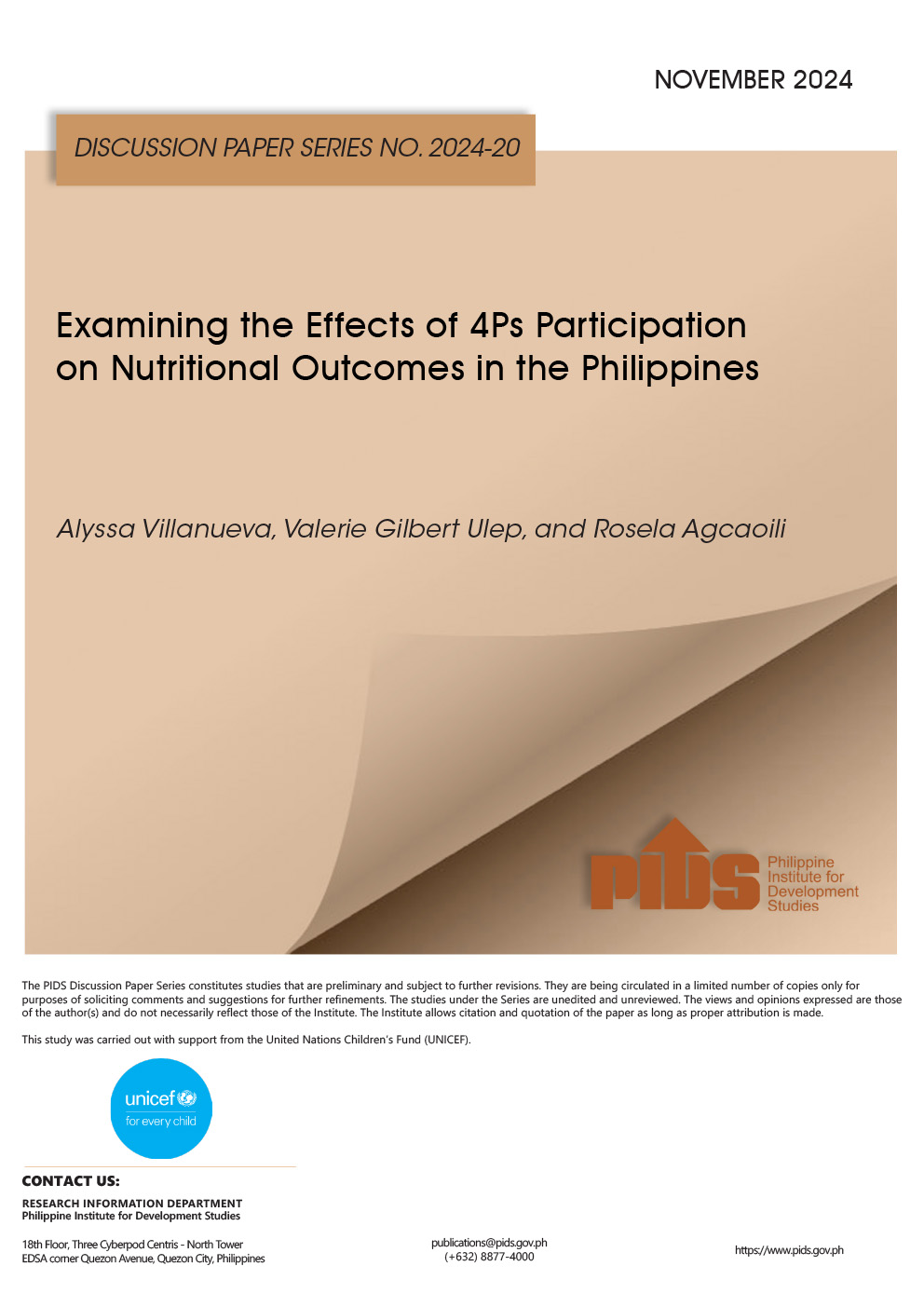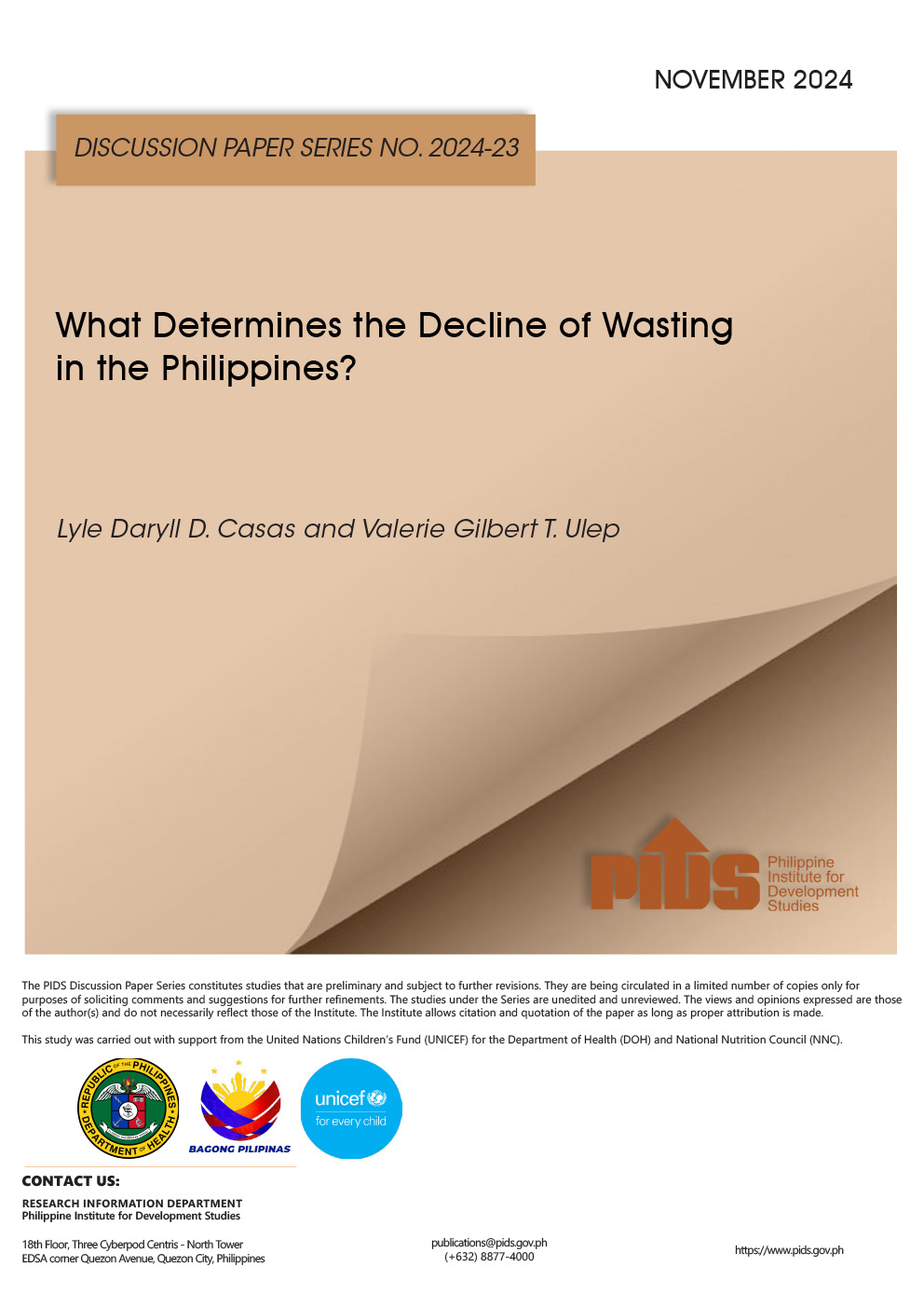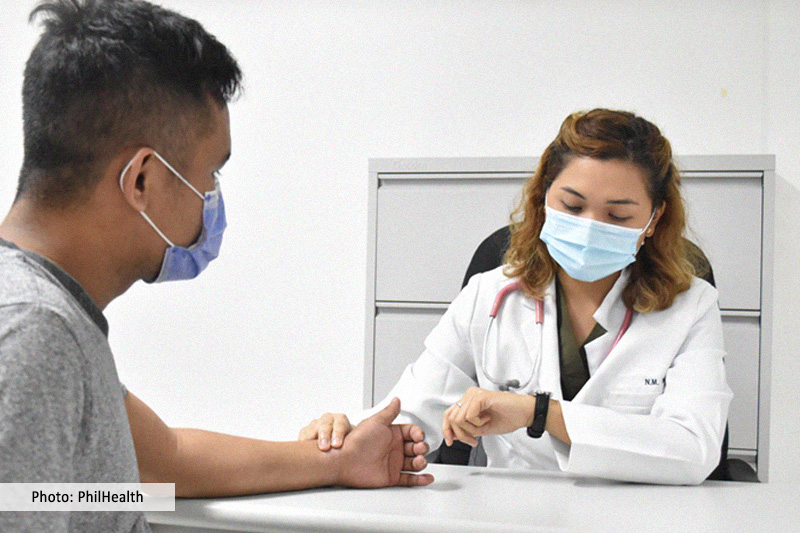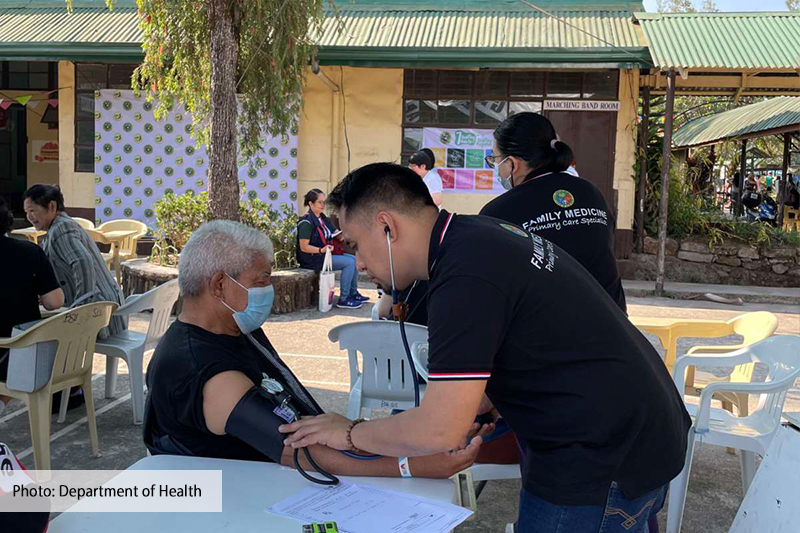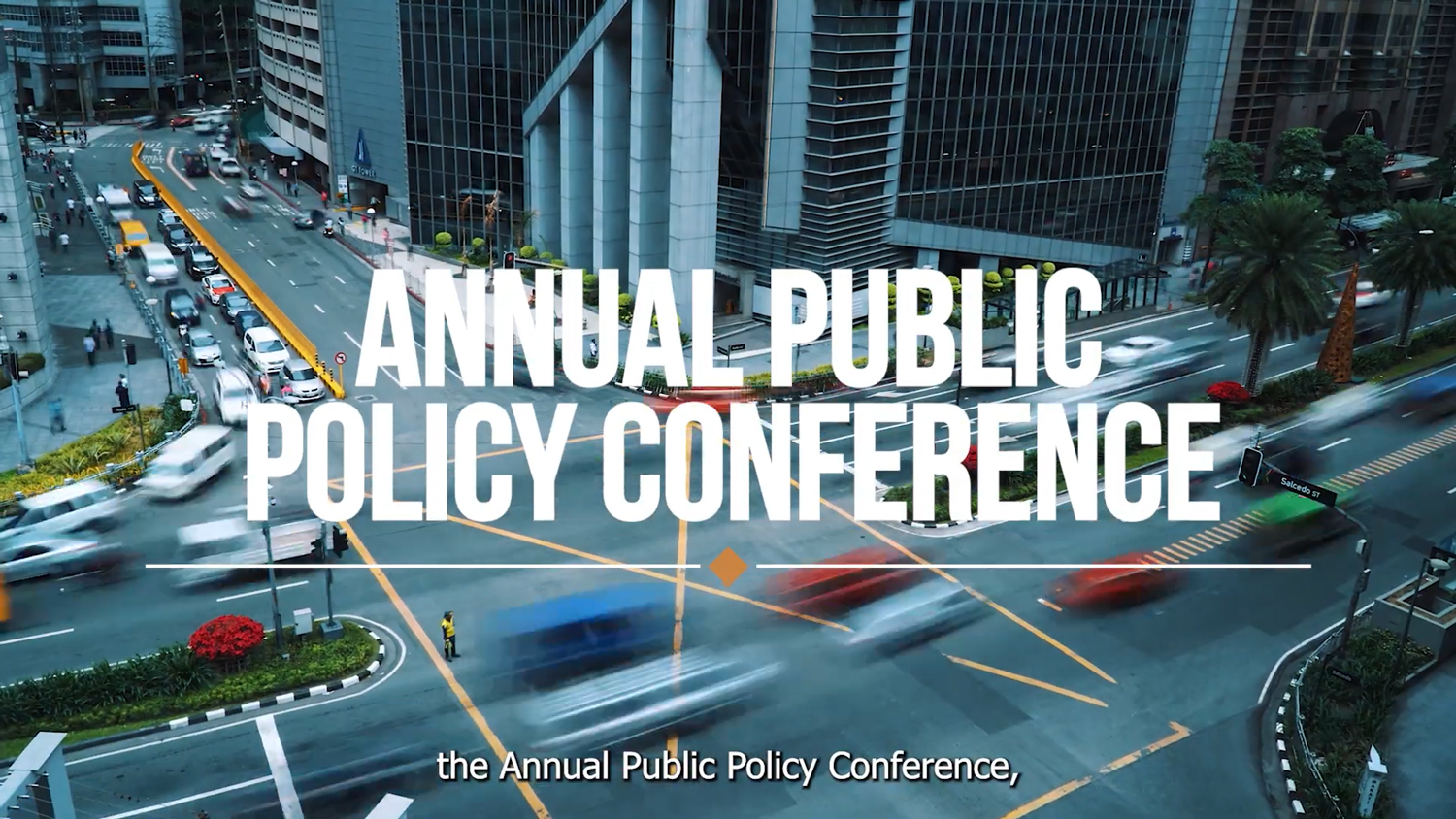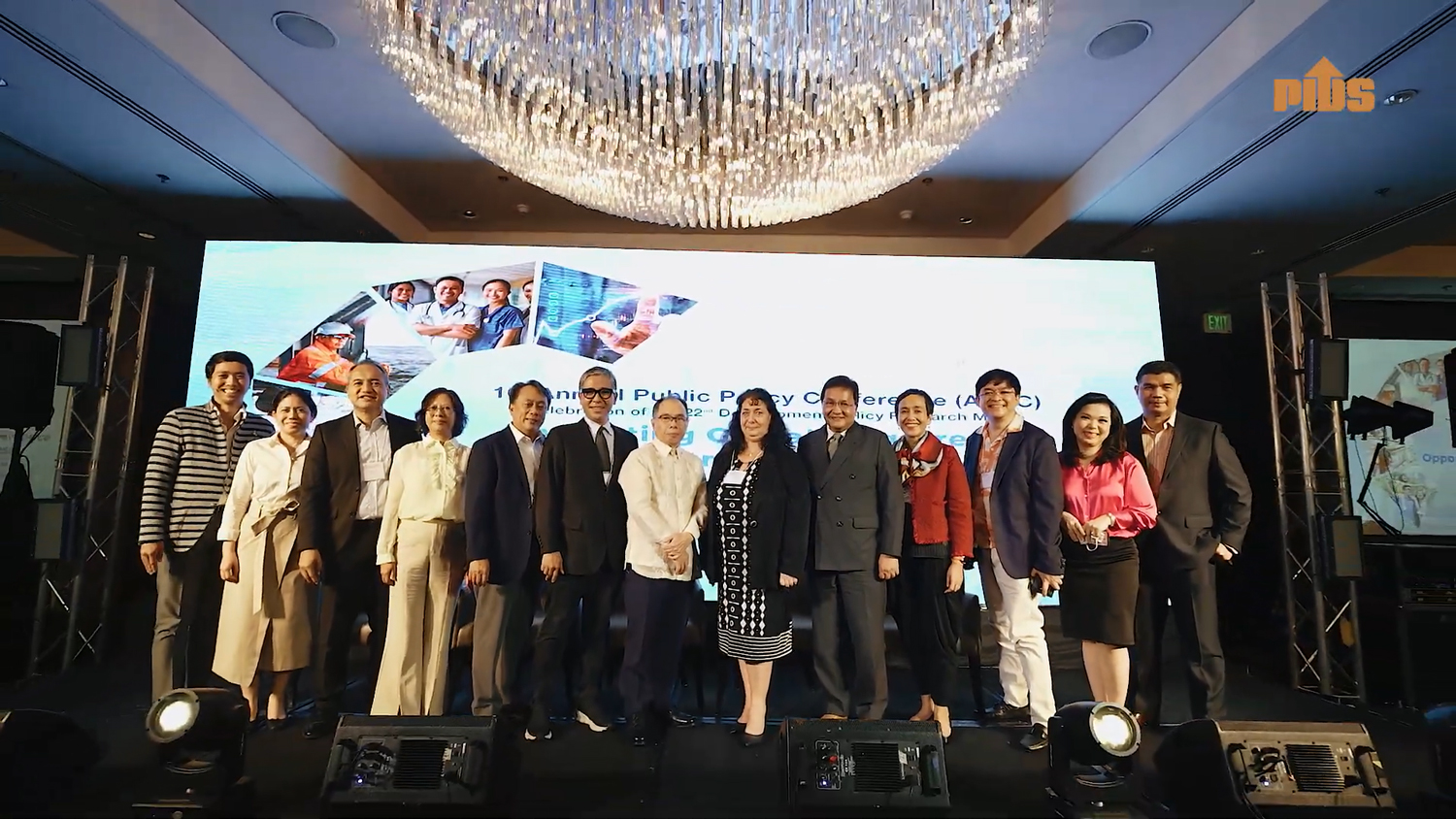PUBLIC TRUST in science reached its highest level — 91% — in four years, according to the 2021 global State of Science Index commissioned by multinational conglomerate 3M. In light of the pandemic, the same percentage said that scientists are critical to humanity’s future well-being.
In the Asia Pacific, 87% believe that investments in STEM (Science, Technology, Engineering, and Mathematics) will improve the economy. Other regional findings include:
- 60% believe science is very important in their daily lives, above the 56% global average.
- 82% said the COVID-19 pandemic has made them more environmentally conscious, five points more than the global average.
- 91% also believe that science should help drive policy decision-making, six points more than the global average.
ADVOCATING FOR STEM
Worldwide, scientists and medical professionals are inspiring a new generation to pursue a science-based career. This is true for 70% of Gen Zs, 68% of millennials, and 59% of Generation Xers, according to the study.
Corporations play a key role in championing science, said Kevin J. McGuigan, vice-president and managing director 3M’s South East Asia region, in a press statement. “One such way is through providing quality STEM education opportunities for the community,” he said.
3M Philippines, for example, partnered with local education program provider Mano Amiga to launch STEM Warriors, a virtual camp that aims to encourage girls aged 11–17 to take an interest in the field.
(Women are underrepresented in the STEM sector, per a February 2020 World Economic Forum article. Gender stereotypes, male-dominated cultures, and math anxiety contribute to this gap.)
Meanwhile, the 3M Inspire Challenge provides students from Singapore, Malaysia, Indonesia, Thailand, and the Philippines with a platform to develop ideas in innovation, sustainability, and technology.
Other multinational companies with STEM-related initiatives include IBM, which offers free upskilling programs such as P-TECH, Open P-TECH, and SkillsBuild; and Microsoft, which has free STEM lessons and activities for teachers available on the company website. Local pharmaceutical company Unilab, meanwhile, supports STEM education through its foundation’s STEM+ PH, a program that implements teacher development programs and learner engagement initiatives.
The Philippine Institute for Development Studies said in February that there is a shortage of students going into STEM fields. The government think tank estimates the following supply-demand gaps in the local workforce by 2025: 13,964 workers in the life sciences, 569,903 in engineering, 9,689 in the physical sciences, and 13,285 in math and statistics.
Public trust in science boosted by pandemic, survey finds


